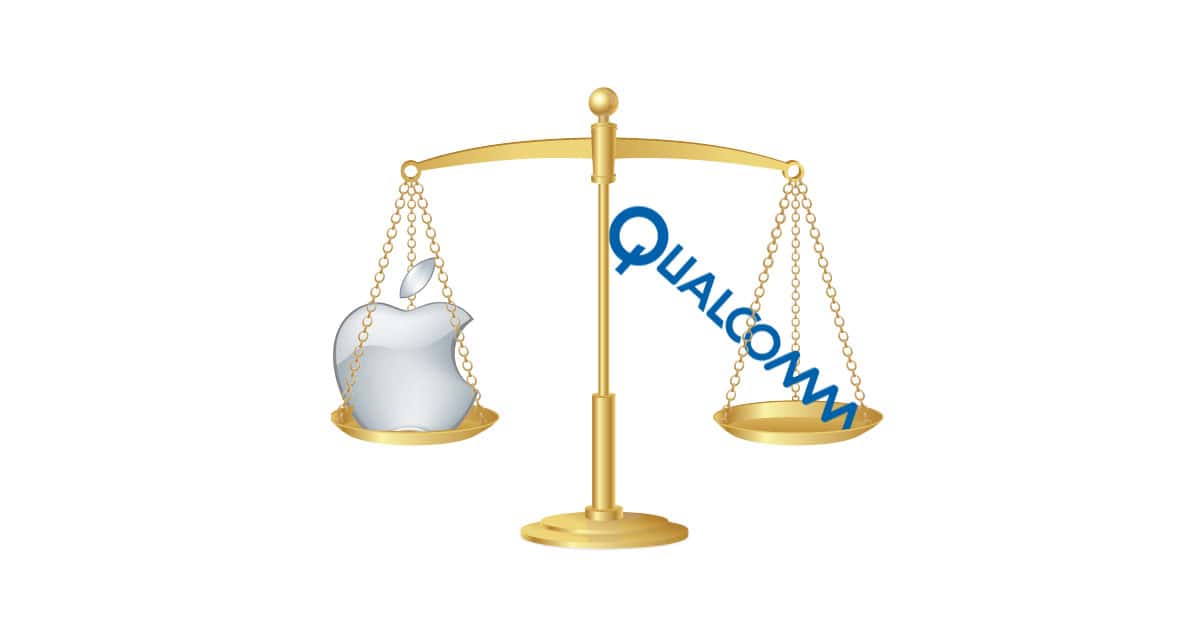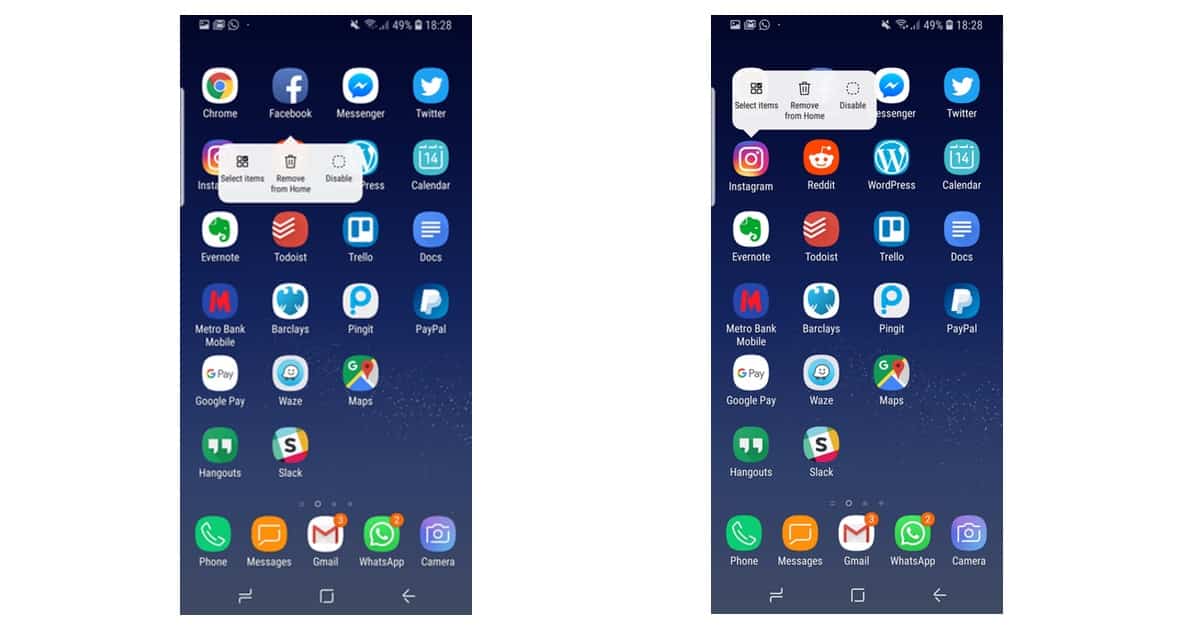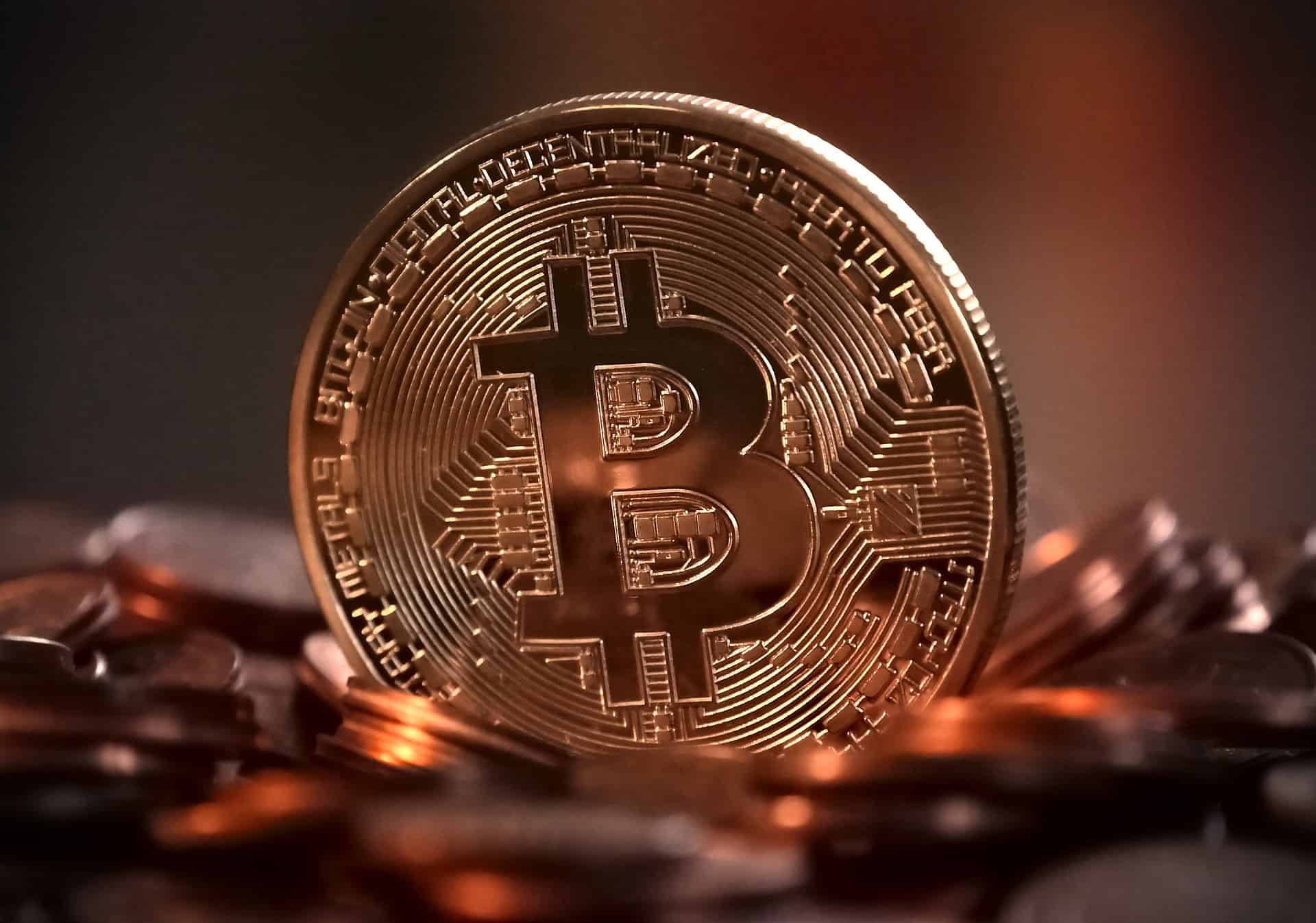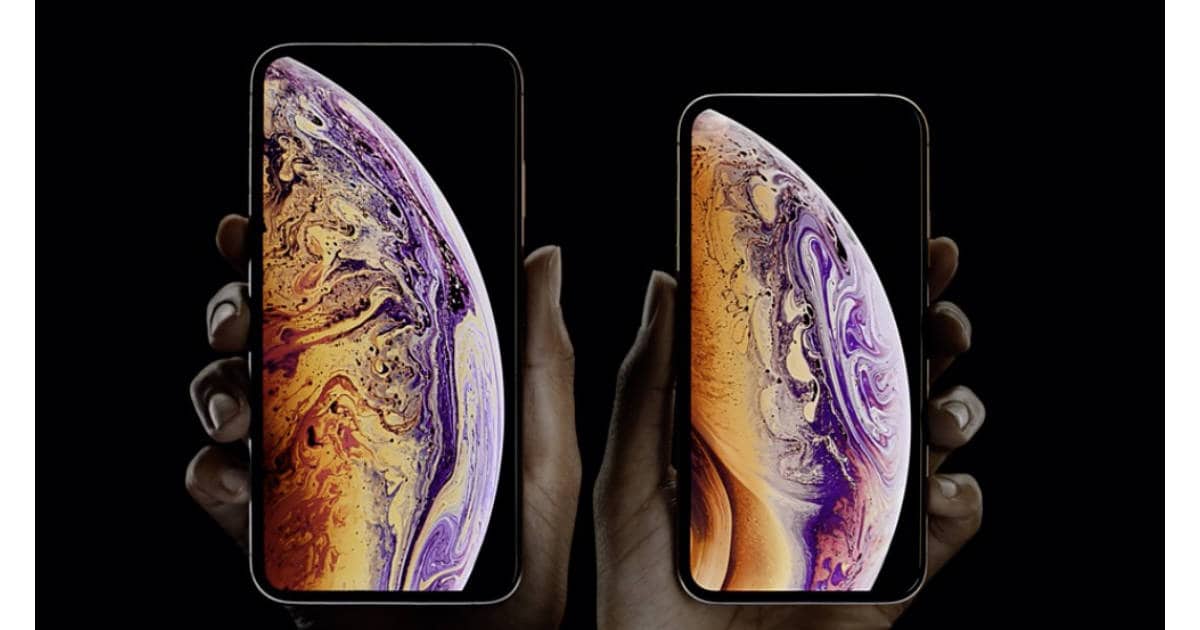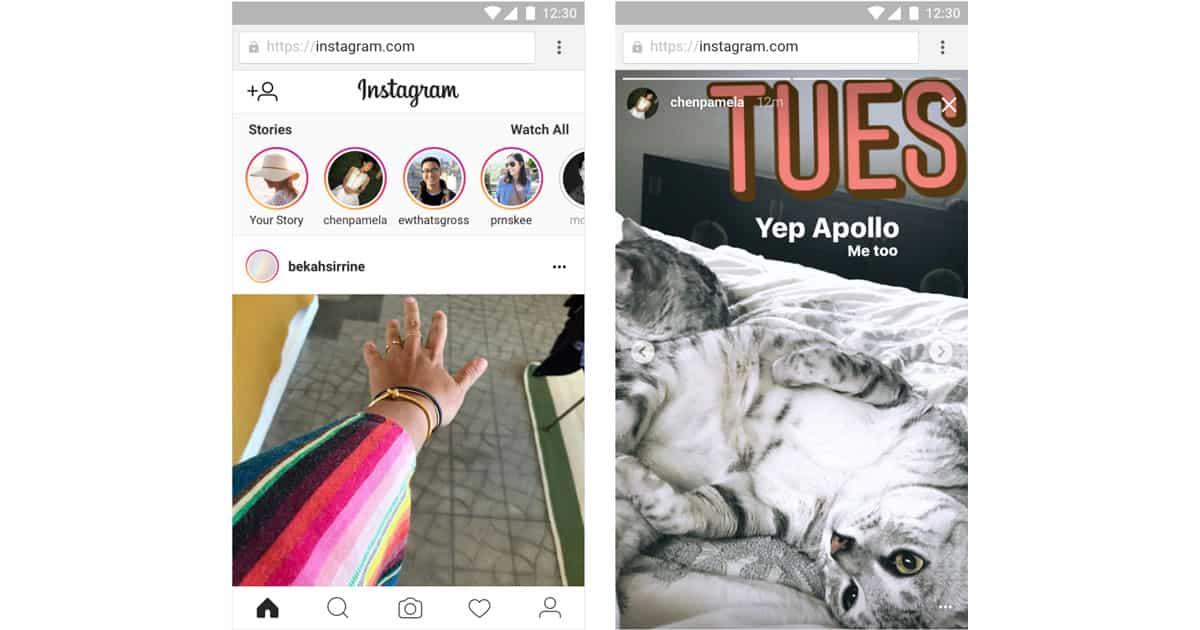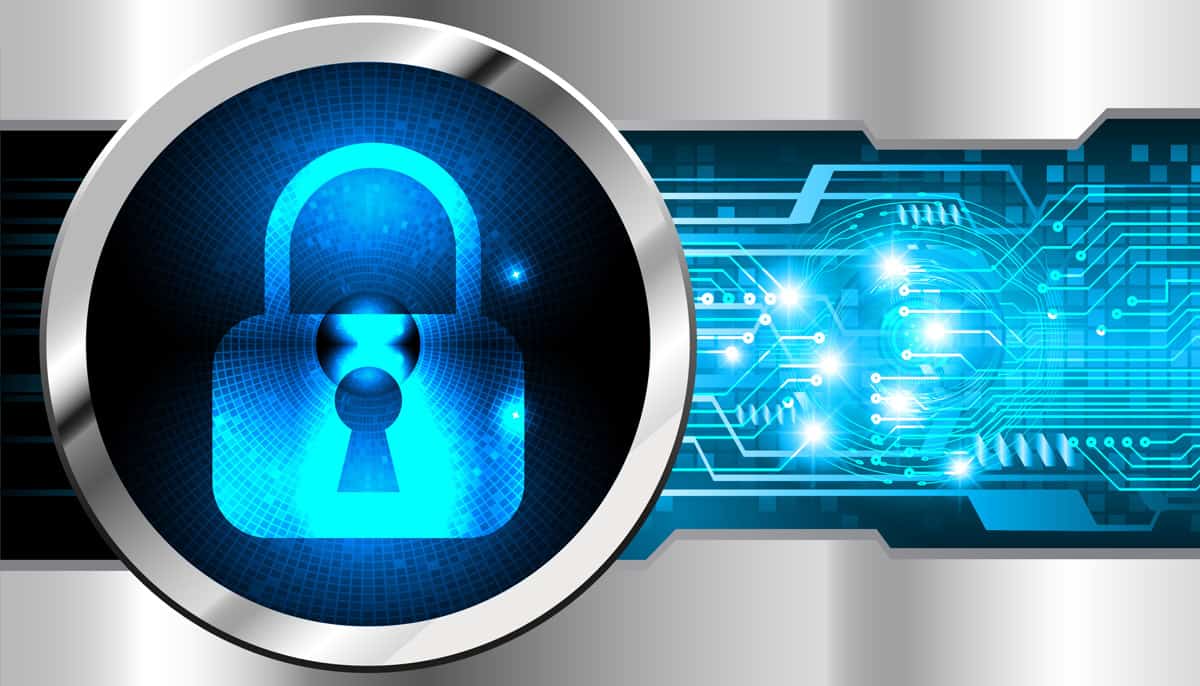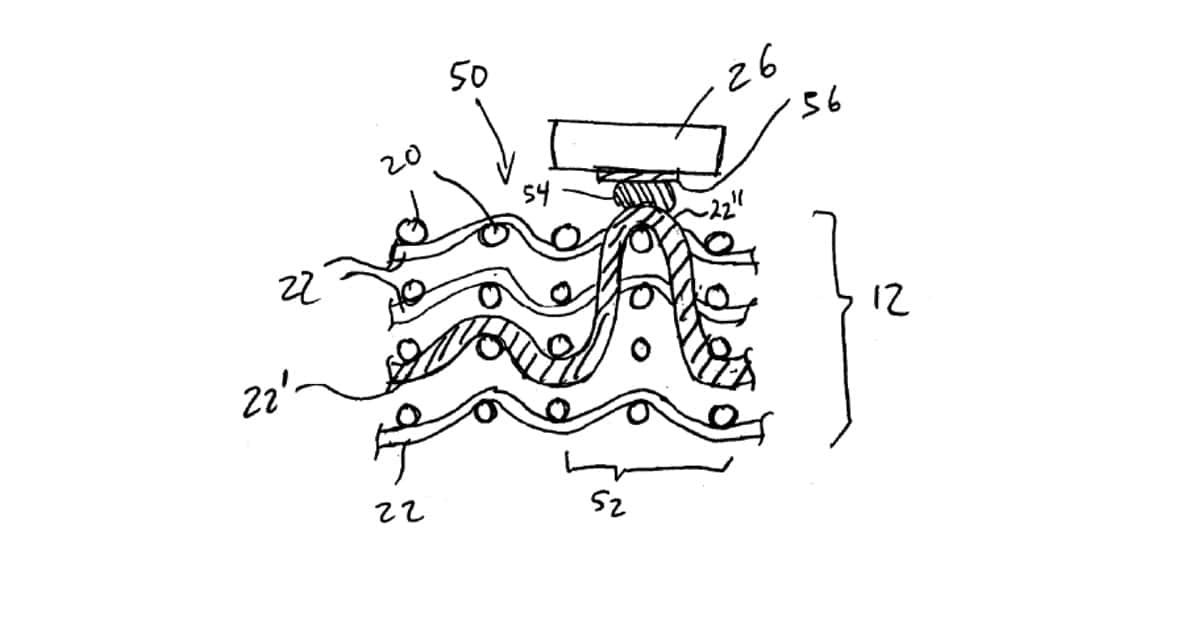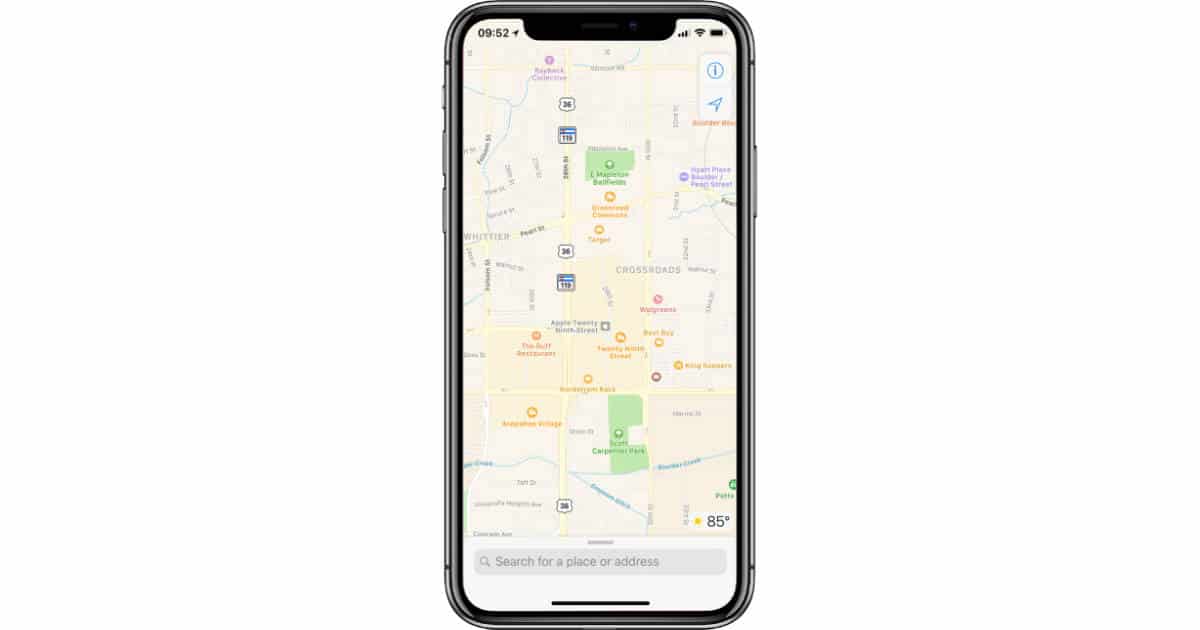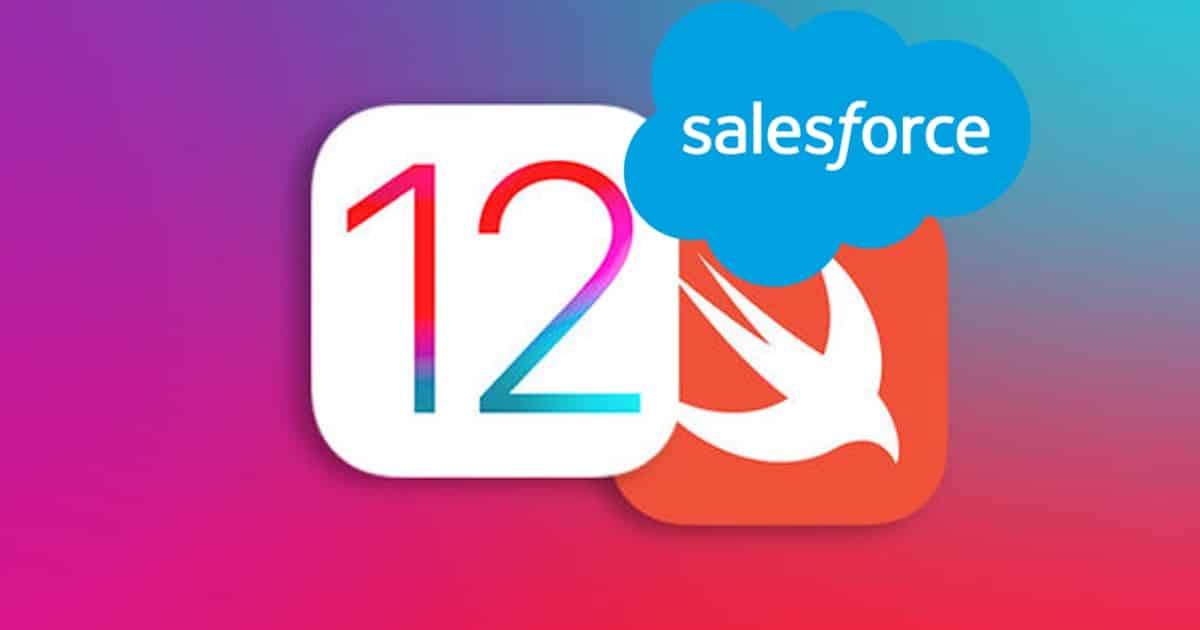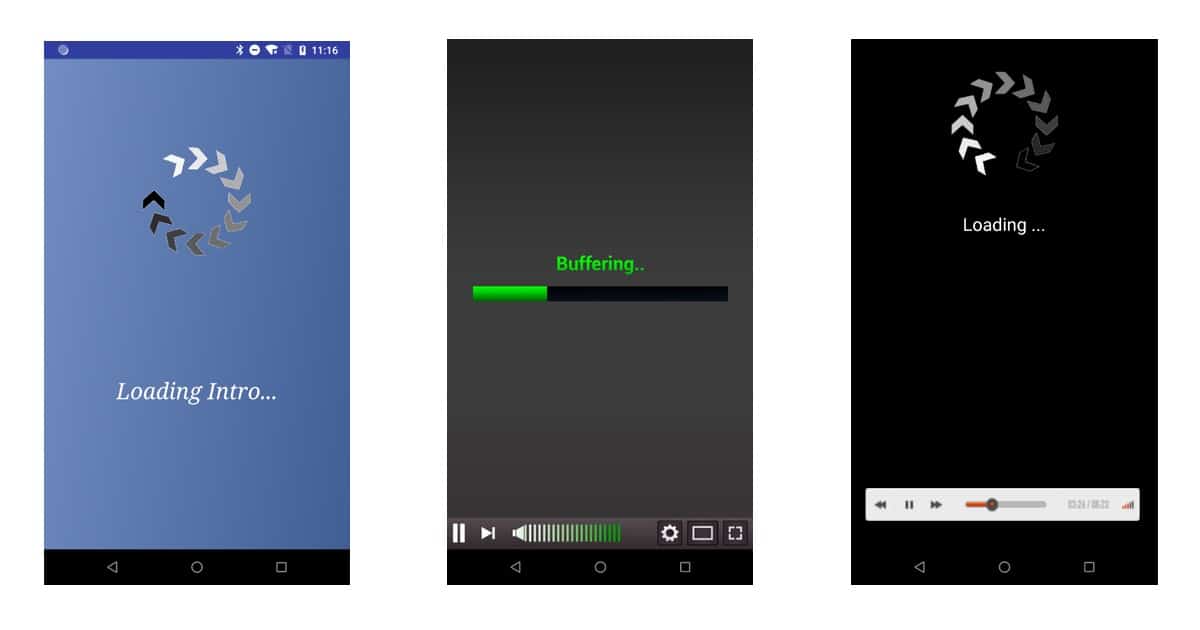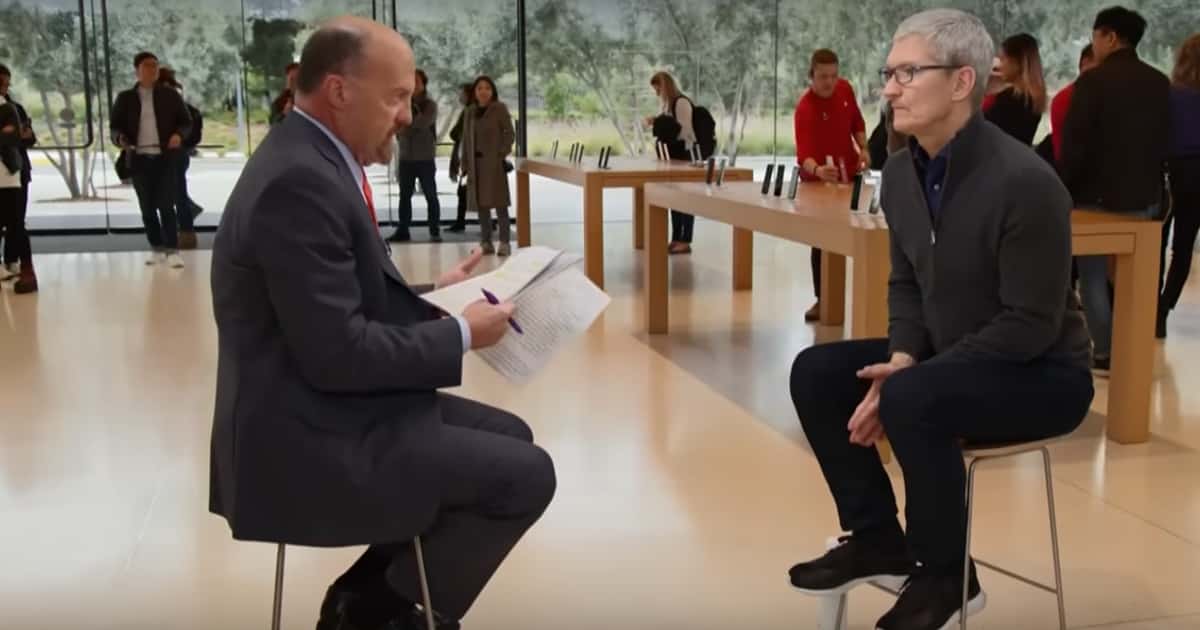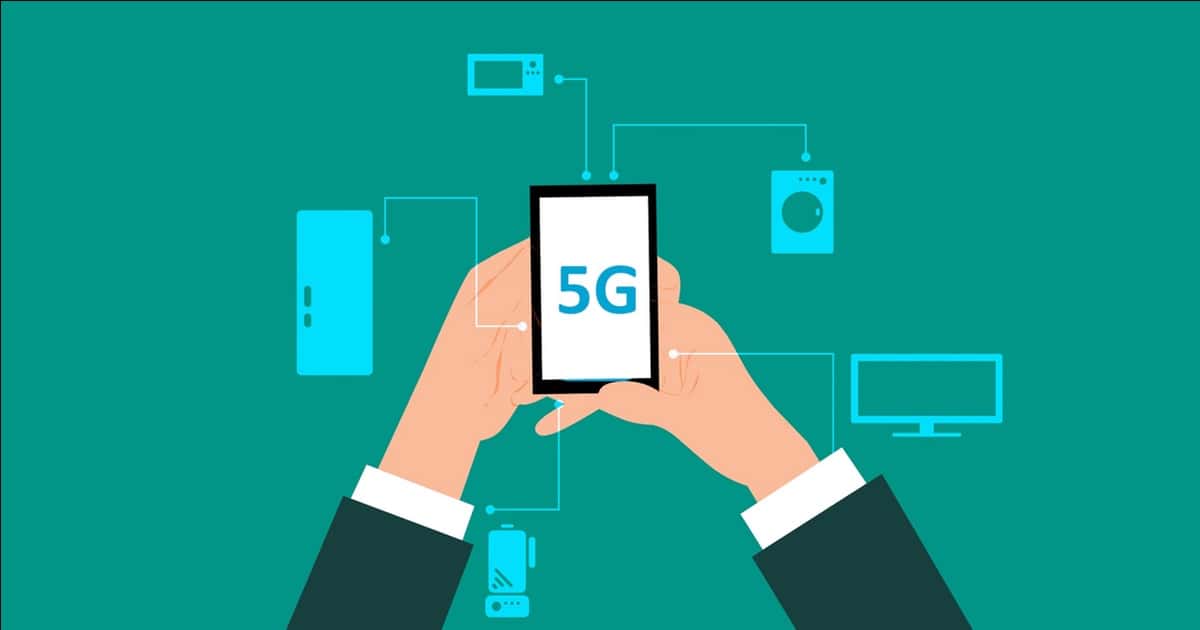A judge in Germany ruled that one a patent infringement case brought by Qualcomm against Apple is groundless.
Articles by Charlotte Henry
You Can't Delete Facebook and Instagram from a Galaxy S8
It is unacceptable that users can’t delete Facebook and Instagram from their Samsung Galaxy S8, says Charlotte Henry.
Uber to Introduce Clean Air Charge in London on Wednesday
Uber’s new 15p per mile Clean Air Charge in London will come into force on January 16, the the ride-hailing firm said.
Alexa - Stop Listening To Me
As ever more people buy smart speaker devices likes the Amazon Echo, the privacy concerns around such devices increase too. I’ve always been somewhat wary of them. Not that I’d be discussing much of any interest, but the idea of a device sitting in my home listening out attentively for a keyword, rather freaked me out. For Tom Hoggins, those concerns got too much. He explains in the Telegraph why he unplugged his Amazon Echo Dot.
I am not usually one for tin-hat conspiracies, but with the examples mounting and the increased scrutiny on companies like Google, Amazon and Facebook (among many others) for excessive data gathering, I did start to eye Alexa with some suspicion. It then showed an increased propensity for piping up over the dinner table, playing music without being asked or blurting out random facts when the ‘Alexa’ wake word had not been uttered in earnest. By that point, it was time for Alexa to go unplugged.
U.S. Businessman still Missing Despite Payment of Large Bitcoin Ransom
An American businessman who was kidnapped in Costa Rica remains missing, despite the payment of an approximately $950,000 ransom in Bitcoin. William Sean Creighton Kopko, who owns an online gambling platform, was taken in September. Three suspects were arrested in Zaragoza, Spain in November 2018, The Next Web reported. In total, 12 people suspected of involvement in the kidnapping have been arrested by police in Spain and Costa Rica.
After Kopko’s family paid the Bitcoin ransom, the kidnappers stopped communicating with them, went dark, and fled to Cuba. In early November 2018 three suspects returned to Spain which alerted the authorities. The three suspects were later arrested in Zaragoza, Spain after renting an apartment in the city.
HomePod Coming to China and Hong Kong January 18
Apple’s HomePod is finally going to make it to Hong Kong and mainland China, nearly a year after it was originally released.
'Tidying up With Marie Kondo' - the New Best Thing on Netflix
A Netflix show about tidying up might not be an obvious hit, and yet, I’m hooked. So are millions of others. Marie Kondo, the author of a bestselling book on tidying, travels around America with the intention of “sparking joy” through cleaning up. In each episode, Ms. Kondo helped restore order in people’s lives and reignited family relationships through her KonMari method. Seriously. If readers are anything like me, you will have cupboards filled with old devices, cables, and boxes, along with everything else. This show gives great tips on how to sort it all, and, more importantly, explains why you should.
New Priorities led to Amazon and Apple's new Partnerships, but the Peace won't Last Forever
Apple and Amazon have taken a more collaborative approach recently, does not amount to a full-blown, long-term partnership.
Apple Rumored to be Planning iPhone with Triple-Rear-Camera System
Apple reportedly plans to launch three new iPhone models in fall 2019 one of which could have a device with a triple-rear-camera system.
CES - VLC Adding AirPlay Support, Hits 3 Billion Downloads
Popular media player VLC will shortly add AirPlay support, it also surpassed 3 billion downloads during CES 2019.
Amount Ad-Buyers Spend on Instagram Digital Video to Double
The share of ad-buyers’ digital video budgets that is spent on Instagram will double from 2018 to 2020. Bloomberg News reported on a new survey by financial services firm Cowen. It found that 61% of the respondents, who collectively represented approximately $14 billion in ad spend, consider the photo-sharing app the go-to platform for launching a campaign targetting 13 to 34 year-olds.
“Stories” — a relatively new Instagram feature — are helping to grow the app into a campaign favorite. Instagram Stories appear “poised for greater adoption” as more ad buyers allocated some portion of their spend to the feature in 2018 than the year prior, said Cowen’s John Blackledge in a note. Instagram even beat out TV in this younger target group, a medium only 3 percent of respondents said was a primary platform.
Twitter will Livestream NBA Games, but Just Focus on One Player
Twitter might just have found a great way to get into streaming major live sports. The social network struck a deal to livestream the second half of a number of NBA games, with its camera focussing on just one player, Re/Code reported. During the first half, users can vote for who they want that camera to focus on via the @NBAonTNT account. The deal covers 20 games, including at least one playoff game, beginning with the All-Star Game on February 18th.
The deal, which is clearly an experiment, reflects the quandary facing TV executives today: As more and more people stop paying for traditional TV, professional sports leagues and their broadcast partners are trying to figure out how to translate great TV content, like live sports, to places that aren’t television, like Twitter, Facebook, Amazon, and Google.
I watch a lot of sports. Often I have Twitter running at the same time and chat online about what’s happening in the game. I think Twitter might just have come up with a really good way to capitalize on the second screen phenomenon.
We do Not Know how to Talk About Online Privacy Violations
The debate over user privacy online is getting ever more intense. Barely a week goes by without some new horror being revealed. On Buzzfeed News, Charlie Warzel laid out just how dire the privacy situation has got and how bad the general public is at understanding the problem. Whether its celeb-twinning apps or Facebook, users simply do not know enough about how their data is being used nor how to discuss the issue.
Opaque algorithms and operations allow executives to dismiss the concerns of journalists and activists as unfounded or ignorant. They argue that critics are casting normal, industry-standard practices and terms of service agreements as malicious. What does it say about us or the culture built atop the modern internet that Byzantine terms of service agreements that few understand or even bother reading govern so much of our lives online?
Apple Researching Connected Clothing
Apple is researching connected clothing that could link to your iPhone and other devices, according to a new patent. AppleInsider reported that the patent, filed Thursday, was titled “Fabric with Electrical Components.” It seems likely that any product that did emerge from this work would focus on health monitoring. On Tuesday, Apple CEO Tim Cook again emphasized how important he considers the company’s work in this field. He told CNBC that it is Apple’s “most-important contribution to mankind.”
A patent application from Apple published by the United States Patent and Trademark Office on Thursday titled “Fabric with Embedded Electrical Components” attempts to work around the problem by describing how fabric-based items could be created, with the fabric itself being the connectivity method. The core of the idea resides with the fabric, in that it is woven together with conductive and insulating yarns. The conductive yarns reside in the inner layers of the weave, while the insulating yarns on the outside prevent any undue contact with the conductive versions.
EU Does not Have a Coordinated Plan to Fight Election Hacking
LONDON – The EU does not have an overall plan to deal with hackers seeking to disrupt its election in May 2019. According to a feature in Wired, each of the 27 states who will be in the EU when the election takes place is expected to secure the vote in their own country. Consequently, smaller member states could be left vulnerable, and cyber-attacks or disinformation could have a serious effect on the election results.
If a tiny member state is left it to go alone against Russia’s state-backed hacking teams and disinformation brigades, the calculus of the European Parliament could be engineered by a third-party state to tilt in its favor. The stakes are huge, and some say the EU hasn’t faced up to the enormity of the issue.
Apple Maps in India Finally Gets Turn-by-Turn Navigation
Turn-by-turn navigation on Apple Maps finally made it to India this week, as did the ability to order an Uber from within the app.
Astronomers Record Intergalactic Fast Radio Bursts from Same Location
There have been a number of remarkable space-based developments recently. Today brought another. The Verge reported on papers in the journal Nature that discussed fast radio bursts (FRBs) – repeated pulses of radio waves that came from outside our own galaxy. In July and August 2018, some of these came from the same location. It gives scientist a chance to pinpoint where they actually came from and what is sending them towards Earth. The pules could also help scientists find out what is in the regions between galaxies.
Most FRBs have been momentary blips in the sky — at least as far as we know. These explosions of radio waves will last for just milliseconds and then disappear, never to be seen again. They seem to come from some incredibly distant spot in the Universe — sometimes billions of light-years away. The first FRB was discovered in 2007, and since then, we’ve confirmed 52 sources of these transient bursts. But in 2015, a special FRB discovery was made when multiple flashes were found that came from the same location. That provided an opportunity to help locate its source, and today’s FRB gives scientists another shot at that goal.
Salesforce SDK Optimized for iOS
The Salesforce SDK is now optimized for iOS 12 and Swift, so developers can build iPhone and iPad apps connected to its platform.
iOS Instagram Users can Post to Multiple Accounts at the Same Time
Instagram users on iOS can now simultaneously post to multiple accounts, a move aimed at social media managers and influencers.
Millions of Android Users Infected with Adware by Apps on Google Play Store
Adware disguised as games, TV apps, and remote control simulator apps infected millions of devices with adware. Security firm TrendMicro revealed in a blog that 85 apps containing the adware made it on to the Google Play store. The apps were subsequently downloaded 9 million times. The adware could display full-screen ads, hide itself, monitor a device’s screen unlocking functionality, and run in the background on the device. TrendMicro said Google removed the apps from the Play Store quickly after verifying its report.
The app informs the user that it is loading or buffering. However, after a few seconds, the app disappears from the user’s screen and hides its icon on the device. The fake app still runs in a device’s background after hiding itself. Though hidden, the adware is configured to show a full-screen ad every 15 or 30 minutes on the user’s device.
Mark Zuckerberg Revealed his Challenge for 2019
Mark Zuckerberg announced that in 2019 he is going to host a number of public discussions about the future of tech.
London Firms Attracted Most VC Funding in Europe in 2018
London tech firms attracted more venture capital investment than any other region in Europe in 2018, new figures showed.
Tim Cook Promised New Services, said Qualcomm Promoted 'Fake News'
Tim Cook promised new Apple services in 2019, emphasized healthcare, and discussed his firm’s current Wall Street woes in a major interview.
Providers Tout 5G Claims and Names Before the Network Exists
5G is the talk of Las Vegas at CES this week. However, there is mounting controversy about what cellular network providers are actually declaring as 5G. The superfast network will not actually be launched until 2020 or even 2021, but the cellular providers are still keen to brand things as 5G now. A piece on the Associated Press noted that “AT&T has drawn ridicule by relabeling the network used by some of its phones as ‘5G E’,” for example. This main seem a relatively superficial issue but in terms of been clear with customers, it matters.
There’s a history of carriers being murky about network claims. AT&T, T-Mobile and Sprint started calling an enhanced 3G network 4G in the early 2010s. There’s more pushback this time because people are now more aware of what a next-generation network can do.

